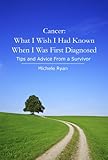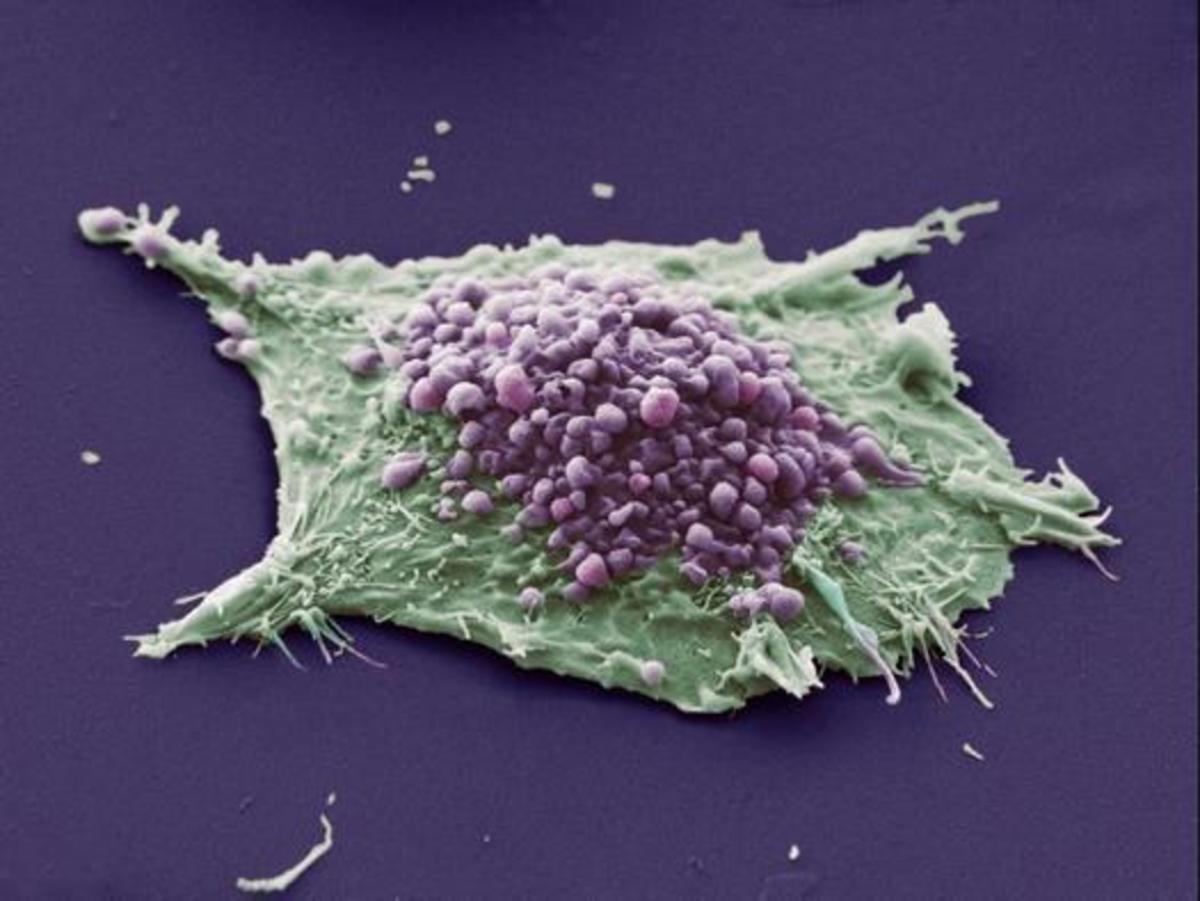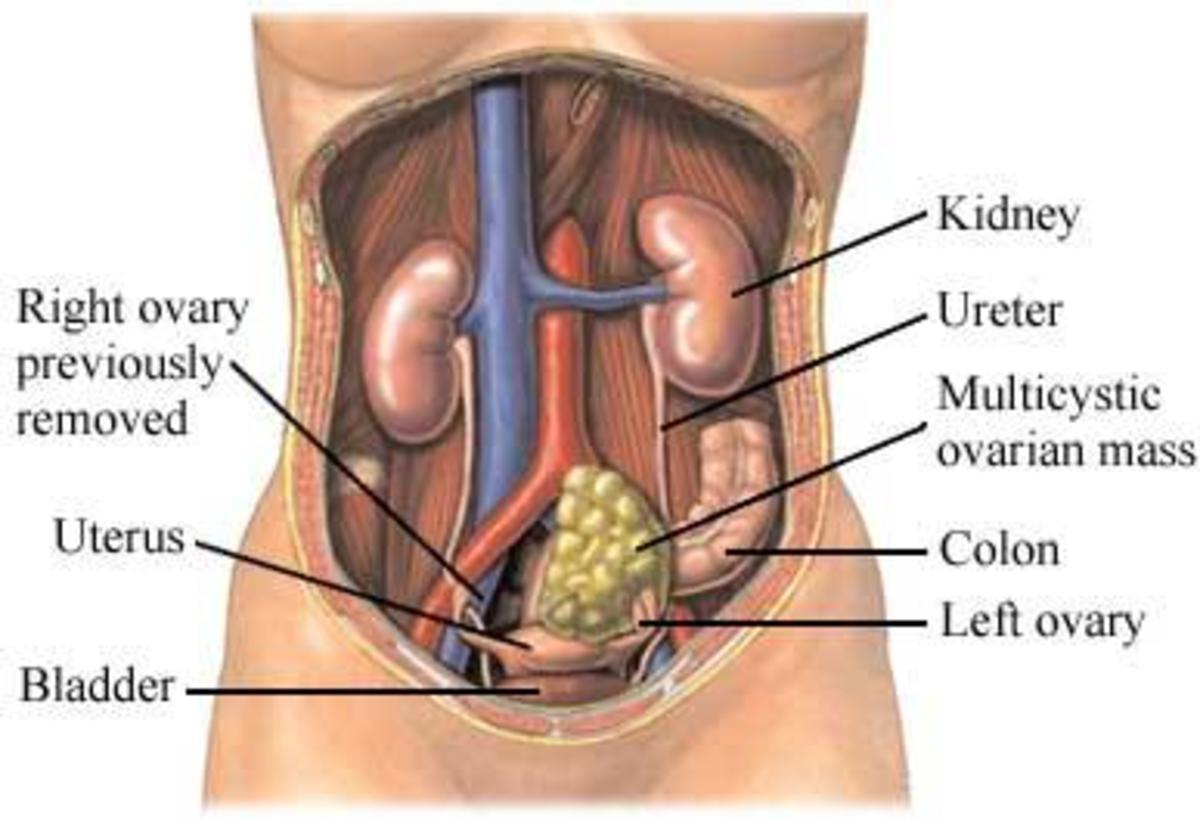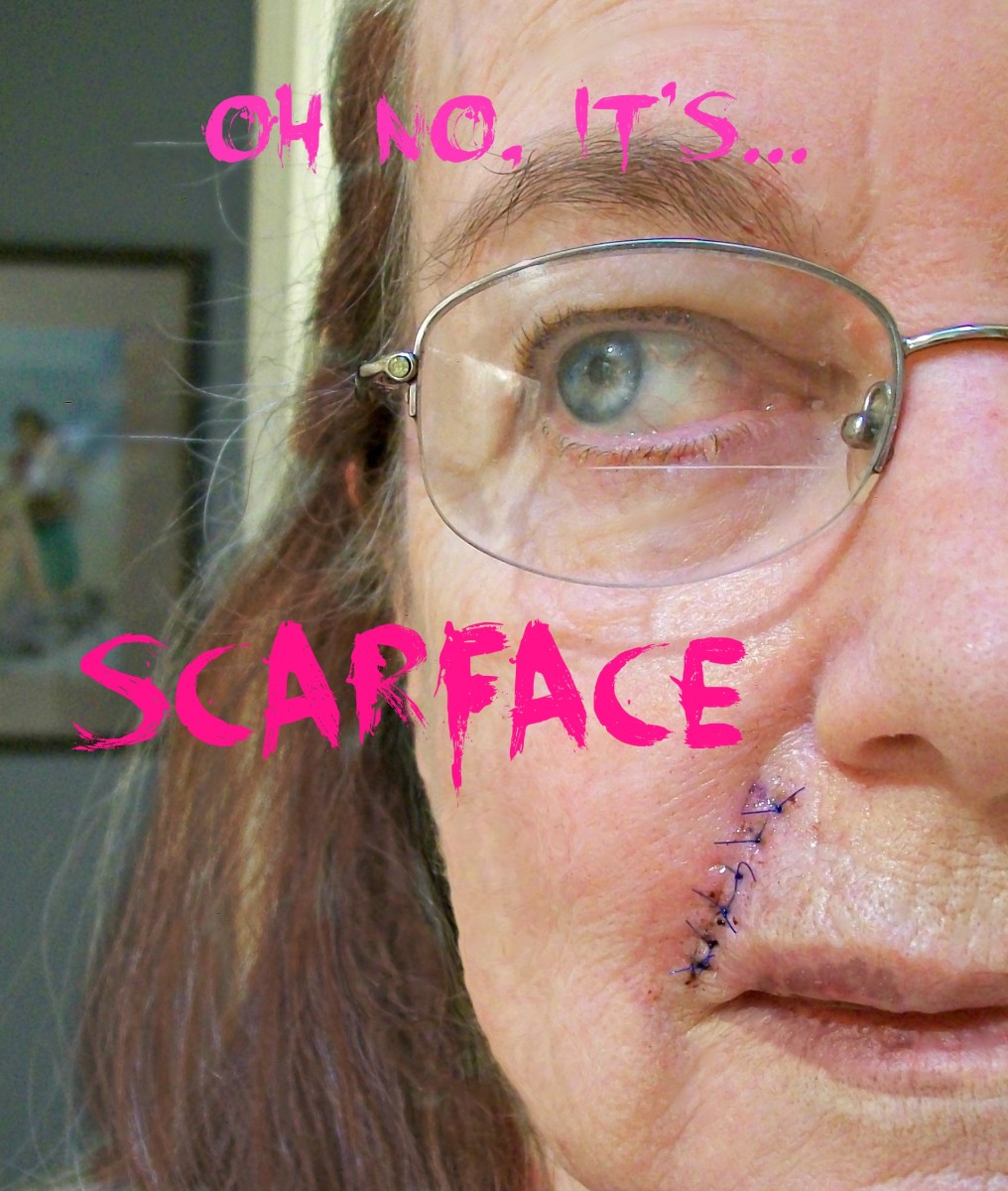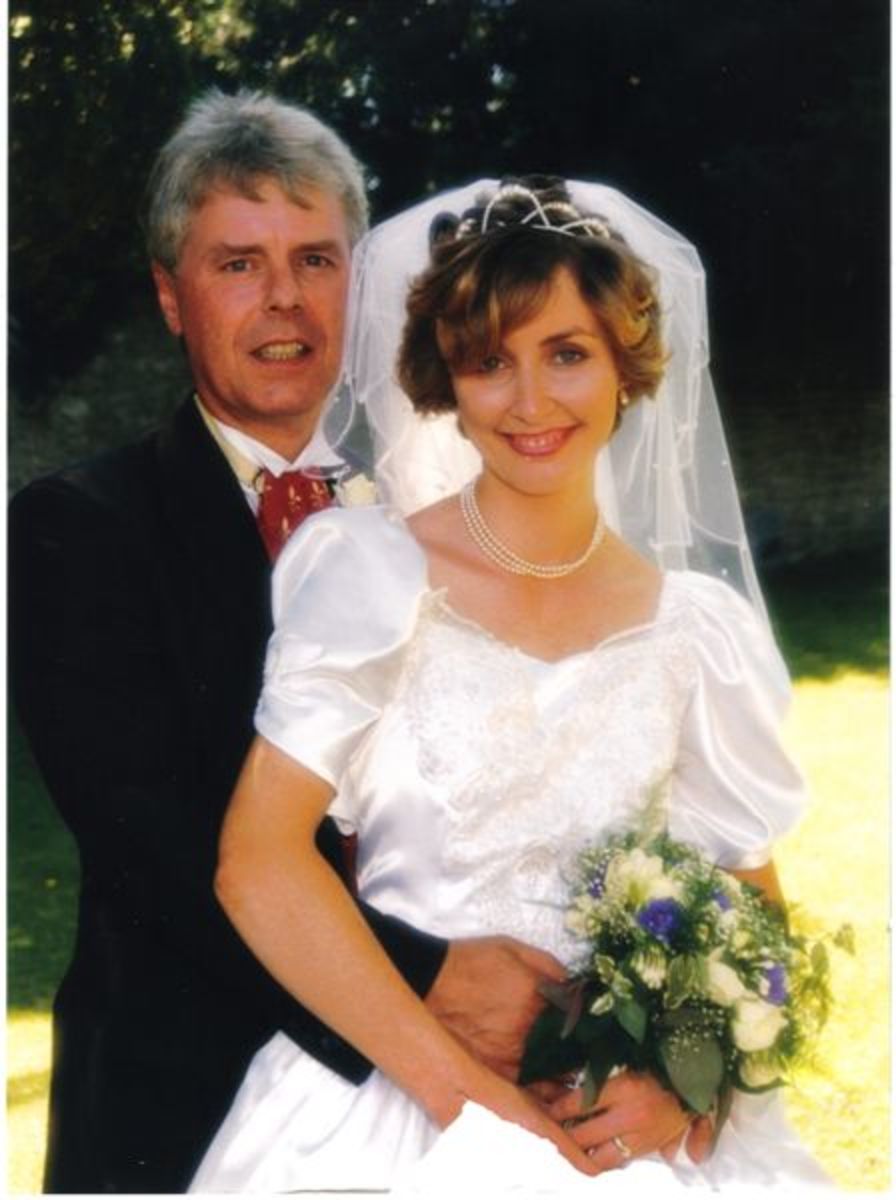What is Cancer - An Overview
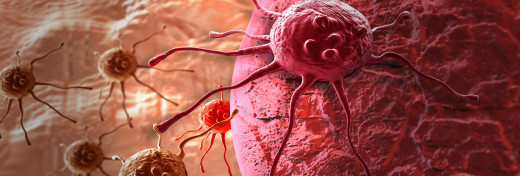
We all know cancer is something bad that concerns our health and that in some cases can even kill us. However, although something so deadly threatens our lives I was astonished to figure out how little people still know about it. In this post I hope to provide you with some useful information and help you look at the cancer from a different perspective, evolution.
To understand what cancer is we must first understand how our body works. Our body is made up of more than 100 trillion cells; it is impressive how such a huge amount of living entities not only can live together but also work together to make our organism function. Their actions are engineered to benefit the whole organism and each individual cell is disciplined by “social cues” that dictate cell’s ability to survive and to divide (or proliferate). Moreover, order is maintained by penalizing disobedient cells. For example, if a cell “dares” dividing outside the appropriate organs or in the wrong moment, a cell suicide program is immediately activated and results with death of cells that went out of control. You can imagine (or maybe we don’t even imagine) how many times cells of our body have to reproduce themselves or else we would wear out pretty quickly. As wasteful as this may sound, these control mechanisms within the cells are what keep us alive. If it was otherwise, chaos would reign and 100 trillion cells would not be able to coexist together. It’s fascinating how cells evolved into engineering such complex mechanisms, and on average they work quite well during our first 50 years of life. Unfortunately, during our evolution, there was little selective pressure to limit cancer beyond our reproductive years; the same is true for heart diseases and a number of other illnesses. Does it mean we are all going to get cancer after we are 50 years old? Our chances of being diagnosed with cancer will be much greater at that age but it’s not a fixed rule, there are plenty of people that live a happy and long life cancer-free. The same concept applies also to animals, for example while mice can live up to 2-4 years if kept well, they tend to develop cancer when they are in their 2nd or 3rd year. But, we need to consider that it’s rare to find a wild mouse older than 1 year. This means that most wild mice will be dead from other causes such as hunger, cold or predators well before they may get cancer. For this reason evolution has preferred allocating precious energy early in life, when it would be spent on survival and reproduction during youth rather than investing in better tissue maintenance and cancer prevention well after 1 year. Thus evolution has weighed the costs and benefits of tissue maintenance and tumor suppressing, favoring instead a strategy that maximizes reproductive success.
How do we get cancer?
Everyday our body is exposed to undesired environmental factors and bombarded with radiation and chemicals that cause mutations in our DNA. I know it sounds a bit scary but we are designed to withstand many of these threats. Our cells in fact, have the ability to repair their DNA and in case the damage is too big these cells are eliminated before they lose control. You have guessed it, that’s when things can go wrong. What if damaged cells do not get eliminated? In that case these cells can keep accumulating DNA damages until their control mechanisms are completely overcome and these damaged cells acquire the ability to proliferate indefinitely causing cancer. Obviously, the easy way control mechanisms can be overcome in a cell is to undergo mutations that compromise structure or function of proteins involved in control mechanisms in the first place. However, if we were relying only on cell control mechanisms to “escape cancer” we would get cancer already after few years of life. Luckily, nature provided us with a wide range of tools to avoid cancer. One of the most effective ones is the length of our DNA. We have much more DNA than we need, in fact, only 2% of our DNA is coding for proteins. Nevertheless, the other 98% of DNA is playing an important role too...from a statistical point of view there is higher likelihood that a mutation will occur in a non-coding region of our DNA, therefore it would not cause us any harm. Moreover, to lower even further our chances of getting cancer, our cells are limited in the amount of times they can replicate themselves. That’s because the longer a cell lives, the higher the chances to accumulate mutations. Therefore, cells possess some caps at the end of each strand of DNA that protect the chromosomes, these are called Telomeres. Each time a cell replicates its DNA and divides, its telomeres get shorter. This mechanism reduces cell’s lifespan therefore limiting the chances of cancer (which requires immortal cells).
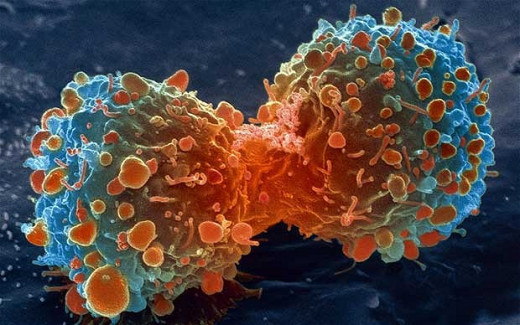
By understanding how our body defends itself from cancer we can now understand what our vulnerabilities to cancer are. Although there are some very complex mechanisms involved, everything can be reduced to a simple concept. To have cancer we need to have multiple mutations in our cells. Generally, a mutated cell is less fit than the surrounding cells. Living in an environment with so many cells there is a lot of competition for nutrients and only the fittest cells survive. That is also one of the reasons why we so rarely develop cancer when we are young and fit; simply there is way too much competition for damaged cells to survive. However, as we grow old our general cell fitness is reduced, therefore it is easier for damaged cells to survive and start a cancer. This word encompasses a wide range of diseases; in fact there are more than 200 different types of cancer known. These could be divided even further in subtypes and typically are grouped by the tissue they originate.
- Carcinomas: develop in tissues that cover external and internal body surfaces made up by epithelial cells. The most common carcinomas include lung, breast and colon cancer
- Sarcomas: it begins in cells of the supportive tissues in the body such as bone, connective tissue, muscle, fat and cartilage
- Lymphomas: develop in lymph nodes and body’s immune system
- Leukemia: develop in blood cells in the bone marrow, therefore can be found in blood
Because these cancers behave differently from one another, often require different treatments. Unfortunately, it is difficult to target specifically “bad cells” and stop their growth as they exploit the “social cues” that our body needs to keep its organs functional. These cues can be hormones or growth factors. However, until cancer cells need growth factors secreted by healthy cells the cancer is still relatively under control. Nevertheless, cancer cells undergo numerous mutations which mean that are able to change their behavior with time and acquire new abilities. Cancer increases the chances to expand rapidly when cells learn how to become self-sufficient in secreting growth signals and lose the sensitivity to programmed cell-suicide. For this reason doctors never say that the cancer is cured, but just that it is in remission. Unfortunately, even when a therapy works there can be a mutation in the cancer that can make it drug-resistant. All it takes is a single cell to start the cancer again.
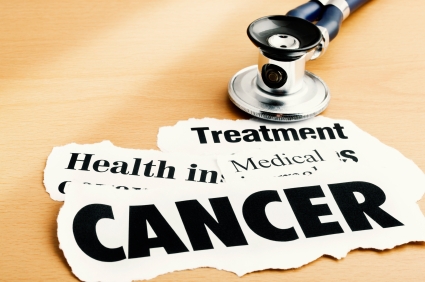
How to reduce risk of cancer
Unfortunately there is a number of factors inductive of cancer that are out of our control such as genetic predisposition or accidental exposure to carcinogens. But, because there isn’t much we can do about these, we should focus instead on what we can do to reduce the chances of getting cancer. Probably what I am going to say here won’t sound new to you, most of it is just common sense. We have the tendency not to listen to our intuitions and often we need somebody else to tell us what to do and what’s good for us. It’s a bit like when you go to see a doctor and he tells you that you need to lose weight and exercise. You knew that even before going to see a doctor (when you had few hundred dollars more in your wallet). Maybe you were hoping for the doctor to come up with some sort of magic pill or miraculous cure that would solve all your problems without much effort from your side. That never happens. I am going to save you from some disappointment, unfortunately there are no magic pills and no easy-lazy solutions that can help you prevent cancer, it’s going to take effort from your side because you need to keep a healthy lifestyle. That encompasses a number of things: from physical exercise to a balanced diet. I am not saying you should get a membership in a gym (and probably never use it after your first month) the best exercise that you can do is the one that you actually will do!! What I mean with this is for example in work take the stairs instead of using the elevator, try to walk for a significant amount of time every day (try to set a quantifiable goal, it will help you achieve it, for example I try to walk at least 50 minutes every day). Physical activity not only allows you to keep your weight under control, but also favors blood circulation and stem cells can get better access to tissues that need repair. It’s easier when we manage to build some sort of routine, our body loves it when we repeatedly eat and exercise at the same times of the day. Our immune system is very important to prevent cancer because it’s our first line of defense. Every day our immune system is destroying dangerous cells that could became cancerous, we don’t realize when things work smoothly, but feel it when it stops working. A balanced diet and a good amount of sleep per day will definitely help keeping your immune system running smoothly (and remember routine, going to sleep at the same time every day is very important!!). But what will probably save your life is not the amount of carrots you eat every morning but an early diagnosis. I invite you to check out this video where there is a brief introduction to what are the diagnostic tools we can use:
Cancer Diagnostic Tests
I hope you found my article useful, please feel free to give me feedbacks and ask me questions, any constructive discussion is always welcome.

